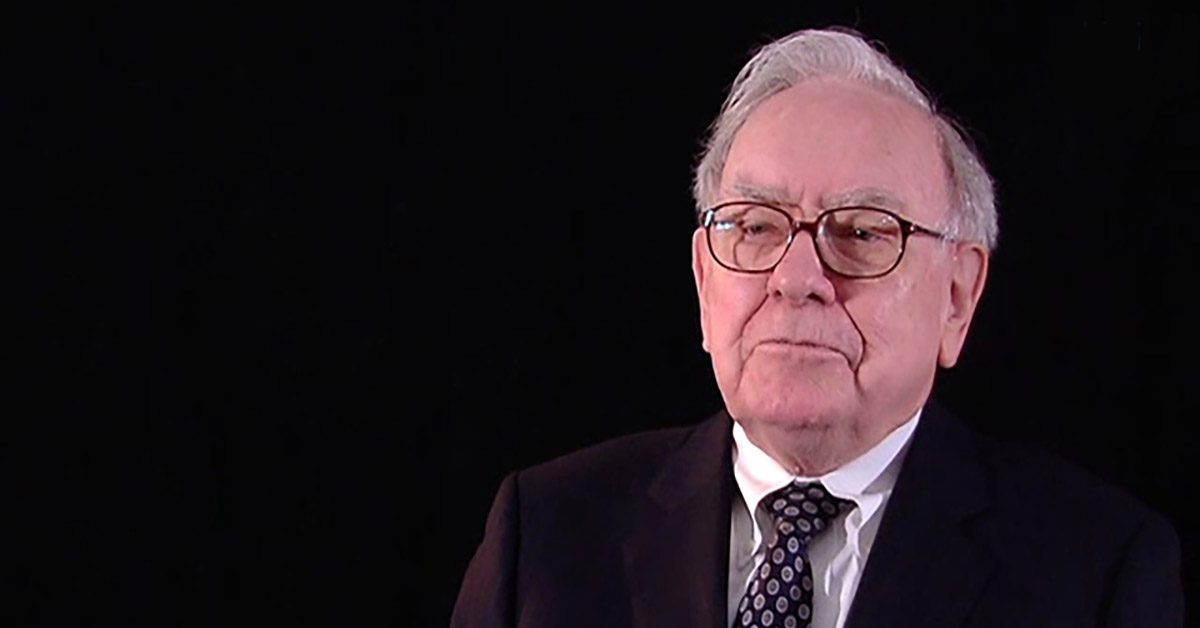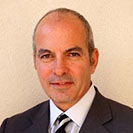If you’ve been an advisor long enough, you’ve probably noticed a pattern: when markets rise, clients think you’re a genius; when markets fall, they suddenly remember they have your cell number.
But here’s the real plot twist—market volatility isn’t the only risk keeping your clients up at night anymore. The world has changed. The modern client doesn’t just worry about drawdowns; they worry about drawbridges—cyber hacks, healthcare shocks, tax traps and the occasional family feud that erupts after someone’s trust documents go missing.
Welcome to the new frontier of financial advice, where the best advisors aren’t just portfolio managers—they’re chief risk officers for their clients’ entire lives.
Once upon a time, “risk” was easy to define. It was the standard deviation of returns, the line on a graph, the stomach-churning red days on CNBC. You could explain it with a pie chart and a glass of scotch.
Now, risk is everywhere—and it’s less about Wall Street and more about life itself. A tax bill that wasn’t planned for. A cyberattack that empties a retiree’s account before breakfast. A lawsuit that exposes an uninsured gap. Or the cognitive decline that turns a client’s decision-making into a family crisis.
The “risk” conversation can no longer stop at volatility. It has to cover everything that can erode wealth—financial, behavioral, legal, and emotional. And the advisors who can see and manage that full spectrum are the ones who will own the future.
Take taxes, for example. Everyone worries about markets, but taxes quietly eat more returns than almost any bear market ever has. Morningstar data shows that inefficient portfolios can lose more to taxes than to fees or volatility. Inflation, another stealthy wealth-eroder, hasn’t gone anywhere—it just took a nap after the pandemic and woke up crankier than ever.
Then there’s healthcare risk. In an age where the average couple could spend $300,000 or more on medical expenses in retirement, the real portfolio killer might not be the next correction but the next diagnosis. And don’t forget behavioral risk—the tendency for clients to panic when headlines scream “recession” and CNBC runs the red banner of doom.
The uncomfortable truth is that most wealth destruction doesn’t happen in the market. It happens in between the client’s ears.
That’s why the advisor’s role is evolving from “money manager” to “risk manager.” The modern advisor is no longer judged solely by quarterly performance but by how effectively they safeguard a family’s financial ecosystem.
Think about it. Family offices have operated this way for decades. Their value isn’t just in allocating capital—it’s in coordinating the entire financial organism: tax, estate, insurance, philanthropy, succession, and behavioral discipline. They manage the intersections of risk.
Now, with better technology, outsourcing and collaborative models, everyday advisors can do the same. You don’t need a billionaire client base to adopt a family office mindset. You just need a broader definition of risk and the willingness to lead the conversation.
If 2024’s headlines taught us anything, it’s that uncertainty is the new normal. Between cyber breaches at major institutions, political gridlock over tax policy and a global economy that reacts to every social-media rumor, clients crave one thing above all else: confidence that someone is watching their blind spots.
Advisors who step into the chief risk officer role meet that need. They identify vulnerabilities, coordinate experts and communicate with authority when others go silent. In an environment where robo-advisors promise convenience but not protection, that human element—judgment, foresight, empathy—becomes priceless.
Being a chief risk officer doesn’t mean drowning clients in data. It means reframing what you measure and communicate. Instead of focusing on quarterly returns, focus on resilience. Instead of talking only about diversification, talk about durability.
When clients understand that your real work is protecting them from what they can’t see—the IRS, inflation, behavioral bias or even their brother-in-law’s bad advice—they stop comparing you to the market and start viewing you as indispensable.
The best advisors already know this. They document the after-tax value they deliver, the estate pitfalls they help clients avoid and the behavioral mistakes they prevent. That’s measurable alpha—the kind that doesn’t vanish with the next correction.
The next era of wealth management belongs to advisors who redefine risk and reimagine their role.
The job isn’t to predict the unpredictable. It’s to prepare clients for it.
The best advisors aren’t portfolio jockeys—they’re risk architects. They protect clients not just from the markets, but from the far greater dangers of complacency, complexity and emotion.
In short, the advisor as chief risk officer doesn’t just manage money—they manage outcomes. And when you master that, you’ll realize something powerful: the most valuable return you can deliver isn’t beating the benchmark—it’s ensuring your clients never fall off the map.
Your best defense is a family office mindset. Advisors who lead as chief risk officers don’t just manage volatility—they orchestrate protection across every corner of a client’s financial life.
Discover how the Financial Gravity Turnkey Multi-Family Office Charter helps independent advisors bring that level of coordination, confidence, and resilience to their practice.


















